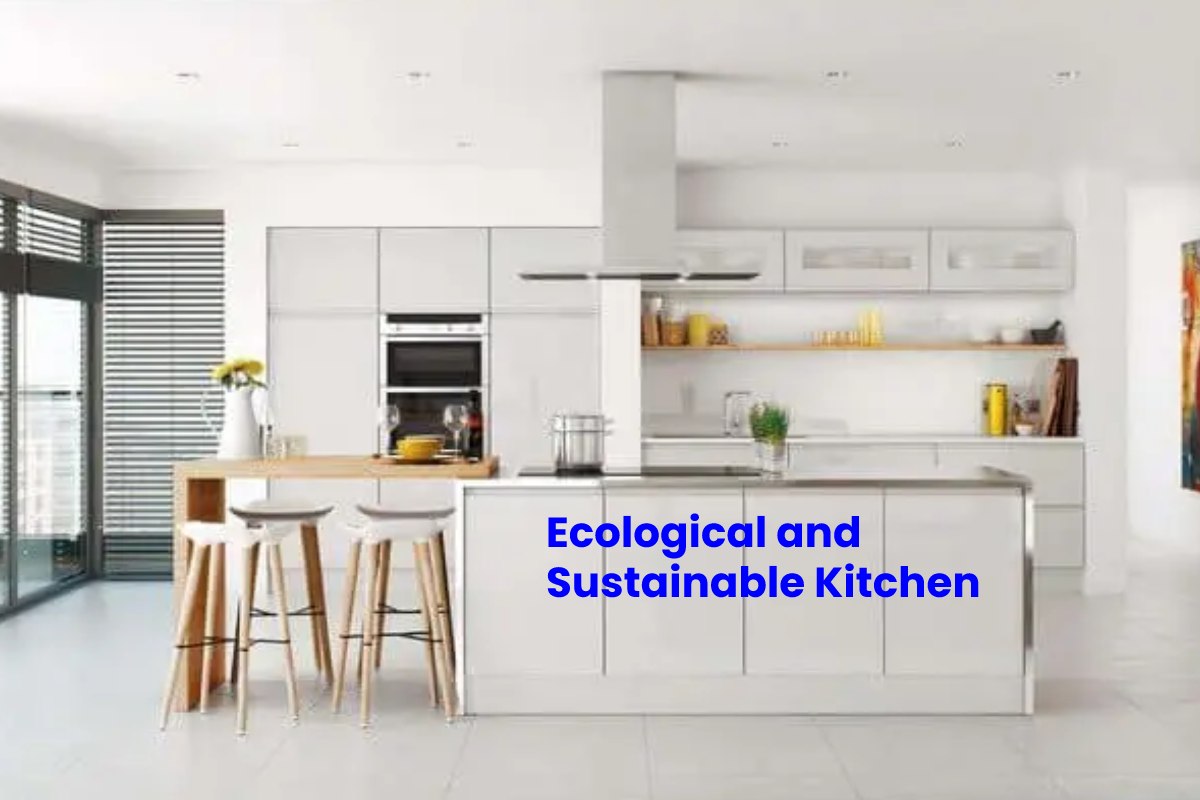Table of Contents
Ecological and Sustainable Kitchen
The ecological and sustainable kitchen will have low or zero-VOC finishes, which minimizes pollution all around. Be sure to inquire about this as you work through the design process.
When designing our kitchen, do we take into account the sustainability factor? If the response is no, it is time for you to change your mind. Green kitchens go far beyond ecology and speak to us about energy efficiency and save a good amount of money.
Tips for an Ecological and Sustainable Kitchen
Creating an ecological and sustainable kitchen involves using A ++ label appliances and avoiding unnecessary and widespread habits.
Therefore, at homify, we want to give you some tips and ideas to achieve a kitchen that protects the planet and ourselves and our pockets.
1. Save Energy
- It’s not just about environmentalism. Talking about saving energy is talking about saving quite considerable money, so it deserves to follow some simple tips to avoid that we inadvertently consume energy foolishly.
- One of those customs to eradicate is to browse what is in the refrigerator. Every time we open the fridge, it has to cool extra afterwards to recover the lost cold.
- So the best thing is that when we open the refrigerator, we do it looking for something specific.
- Another way we lose energy through the refrigerator or freezer is by placing it next to the oven or microwave.
- The heat that comes out of these appliances will make the fridge have to work – and consume – more to maintain its temperature.
- It is widespread for modern kitchens to place a refrigerator and an oven very close together. Still, it recommends that if we want to have a sustainable kitchen, leave a space or closet between them.
- It is essential to know that cooking with the lid will save up to 30% energy when cooking.
- Also, always choose the pot that adapts to the surface of the fire and avoid small banks, which do not cover the entire surface, since they will let heat escape, which will mean an energy increase of around 20%.
2. Control Water Consumption
- When choosing taps, it is crucial to look for an attractive design, but the technical characteristics also count.
- Single-lever faucets are more efficient than traditional ones, with one control for hot water and another for cold. In addition, we must ensure that the taps come with aerators.
- This is with a piece in the mouth of the fixture that reduces the water flow, creates a uniform jet, and manages to reduce water consumption up to 30%.
- Also, the maintenance of the installation is essential. A leaky tap can make us uselessly consume litres and litres of water.
3. Reduce your Waste
- The kitchen is the place in the house where we generate the most waste. It’s not just about the food or the packaging associated with it.
We use tons of throwaway utensils to substitute for others, from plastic plates and cups to paper napkins. - Another way to decrease waste is to buy food in large quantities that we know will not spoil, such as rice, pasta, sugar.
- If we reuse the glass jars of other products, we will also have the most economical and ecological household items.
4. Recycle
- There are no excuses: separating waste should be a reality in your home because it proves that recycling paper, glass, or plastic saves many natural resources.
- Use the drawer under the sink to place the cubes or, if you have a small terrace or balcony, find a place for them there. The planet will thank you.
5. Sustainable Food
- And if we talk about sustainable kitchens, we also have to talk about sustainable and organic food. The issue is not trivial since diet is one of the aspects that most influences our health.
- Therefore, if you want to have a healthy diet make sure your products have not treated with pesticides or chemical fertilizers. That is, buy organic food.
- Other simple food tips include creating a small spice corner in the kitchen.
- Aromatic plants are easy to grow, and having them on hand will save us money and ensure that we know what we are eating.
- If you also have a terrace, go ahead and create a small urban garden: fun and exceptionally ecological.
Conclusion
The ecological trend also reaches kitchens. The care of the environment and resource optimization should apply to our daily lives. Changing your habits will have a positive impact. You can start by choosing sustainable materials to have an ecological kitchen. Another option is to buy appliances that are energy efficient.

